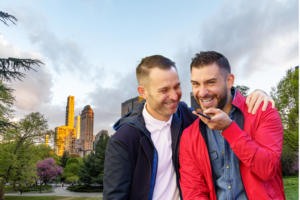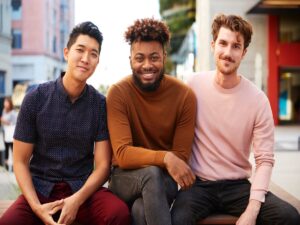Join our groundbreaking gay men’s therapy group launching on January 23rd!
“Tired of the curated Instagram stories, endless dating app swipes, and small talk at happy hours? It’s time for something deeper.”
Hi, I’m Jon – a relationship-centered therapist, musician, and fellow New Yorker. Over the years, I’ve worked with gay men from all walks of life, and one thing stands out: we’re amazing at curating our lives for the outside world, but so many of us crave the connection that feels real.
Even in a place as vibrant as NYC, where everything seems possible, loneliness can creep in. It doesn’t care how polished your life looks online or how booked your social calendar is.
That’s where gay men’s group therapy in NYC comes in. This therapeutic approach offers a unique opportunity to connect with other group members in a supportive environment, providing a safe space to explore personal growth and self-awareness. The benefits of group therapy are vast, offering a chance to learn from shared experiences and develop new skills in a group setting. A group therapist facilitates these sessions to ensure a supportive environment, manage group dynamics, and provide guidance.
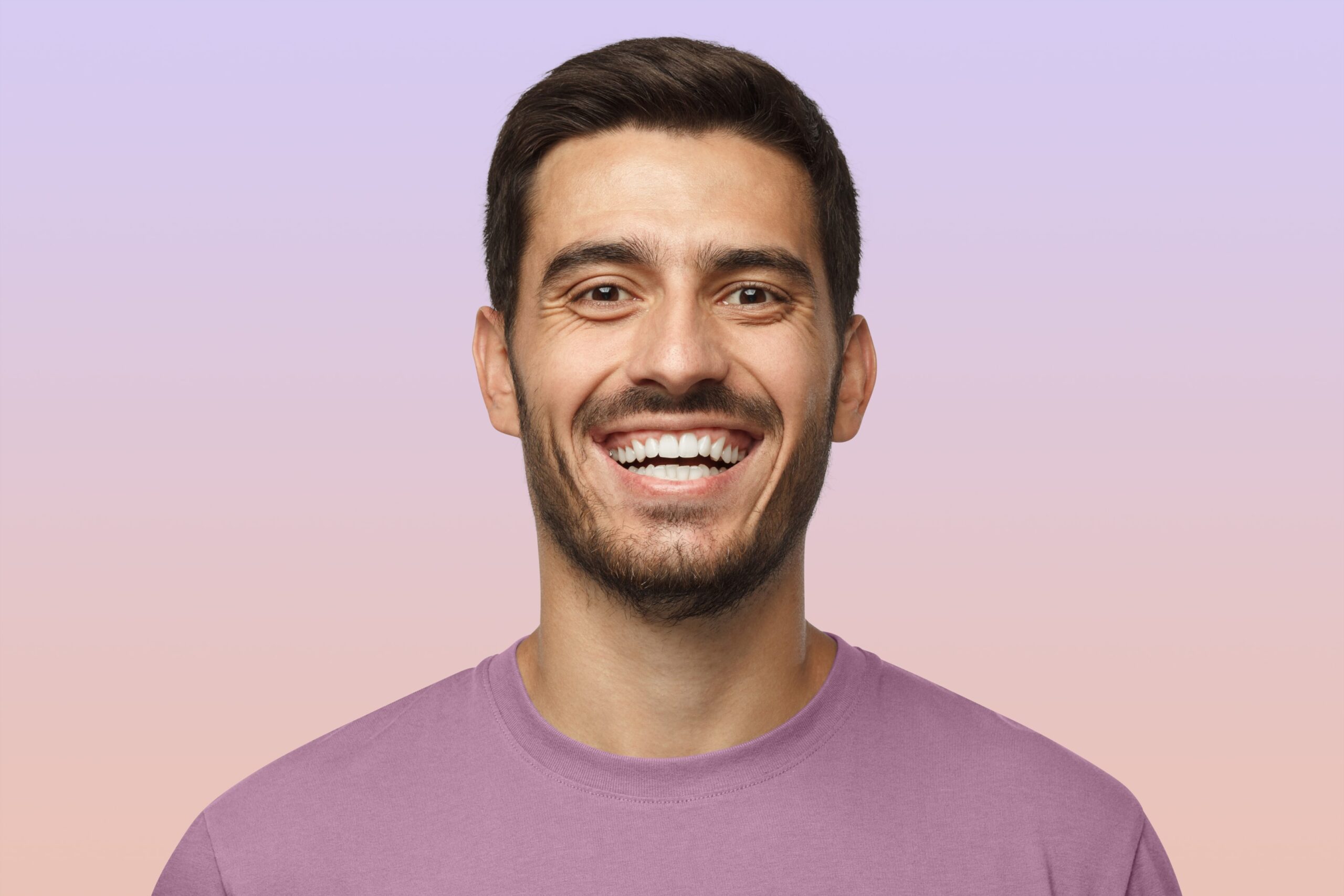
What is Gay Group Therapy in NYC?
Gay group therapy in NYC is a specialized form of group therapy designed to address the unique mental health needs of LGBTQ+ individuals. In a city as diverse as New York, finding a supportive environment where you can openly discuss your experiences and challenges is invaluable. These therapy groups are typically led by licensed therapists who have extensive experience working with the LGBTQ+ community, ensuring that the space is both safe and affirming.
In these group therapy sessions, members come together to share their stories, offer support, and develop coping strategies for managing various mental health conditions. Whether you’re dealing with stress, anxiety, depression, or other mental health concerns, gay group therapy provides a platform for healing and growth. The supportive environment allows you to connect with others who understand your struggles, fostering a sense of belonging and community.

Why Gay Men Feel Disconnected
Loneliness for gay men isn’t just situational – it’s often tied to deeper emotional patterns shaped by early experiences. Group therapy can also help individuals who have experienced childhood sexual abuse by providing a supportive environment to explore and heal from such trauma. These patterns, or schemas, influence how we think, feel, and act in relationships. Group psychotherapy can help address these schemas, offering therapeutic factors that promote healing and growth.
Common Emotional Patterns (Schemas)
-
-
Feeling different or like you don’t belong, even in gay spaces.
-
Anxiously anticipating rejection or avoiding social situations altogether.
-
Overcompensating by striving to be the funniest, smartest, or most successful in the room.
-
-
Abandonment/Instability
-
Constantly fearing that people will leave you.
-
Choosing unavailable partners or sabotaging healthy relationships.
-
-
Defectiveness/Shame
-
Believing you’re fundamentally flawed or unworthy of love.
-
Hiding parts of yourself, even with close friends or partners.
-
-
Emotional Deprivation
-
Struggling to believe your emotional needs will ever be met.
-
Constantly seeking validation but never feeling satisfied.
-
-
Mistrust/Abuse
-
Assuming others will harm or deceive you.
-
Struggling to trust, even those who’ve earned it.
-
By addressing these schemas in a group environment, members can experience interpersonal learning and develop healthier ways to relate to themselves and others. The group setting fosters a supportive environment where members can explore these patterns with other group members who understand the unique challenges faced by gay men in NYC.
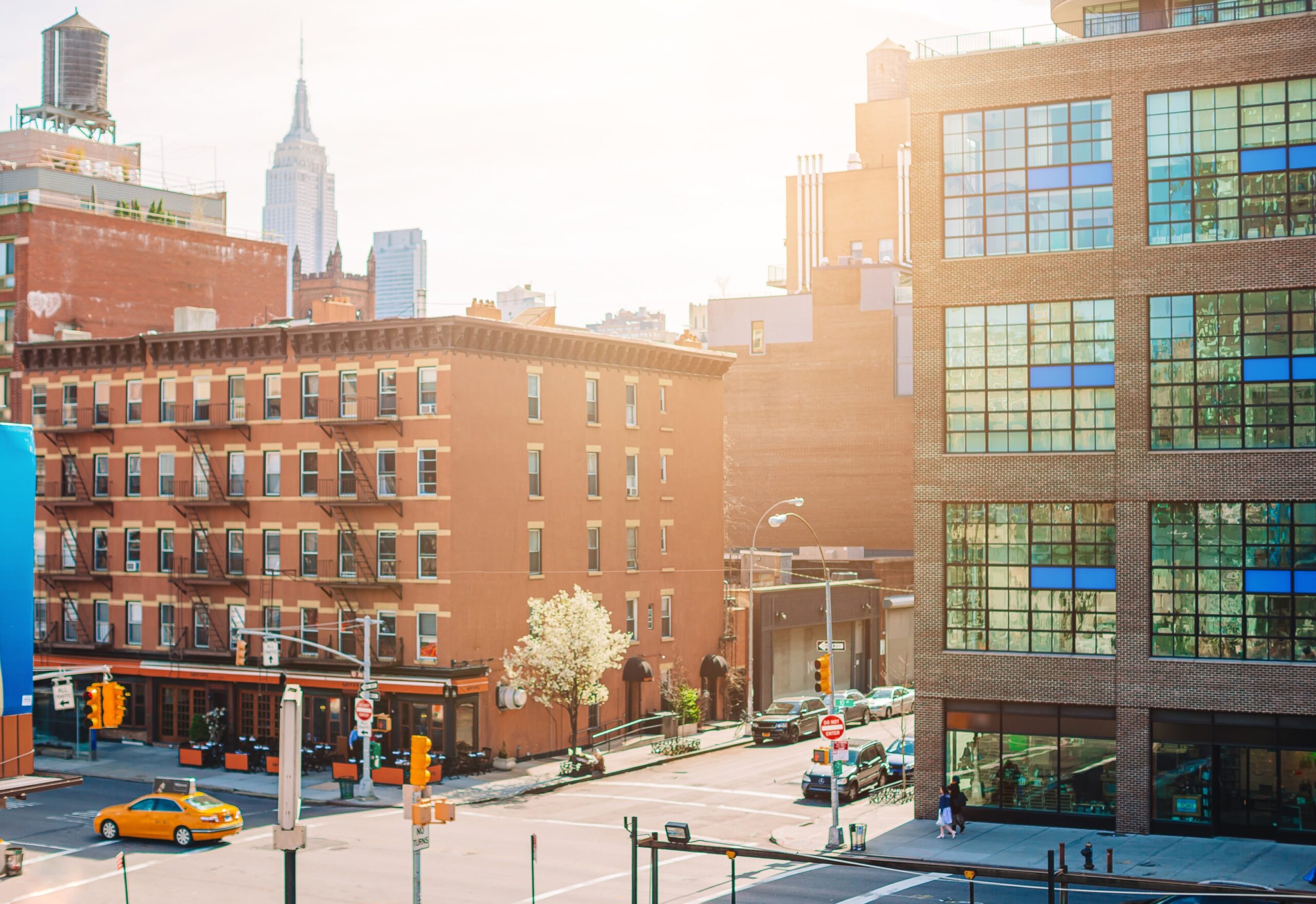
NYC Gay Life: Beyond the Highlights
Is one of these part of your typical week?
-
Chelsea brunches where everything looks perfect but may feel a bit superficial.
-
Hell’s Kitchen happy hours where you’re always “on,” but who really knows the real you
-
Williamsburg warehouse parties that look great on TikTok but leave you questioning where you fit in.
-
Park Slope Saturdays that make you wonder where your partner or meaningful connections are.
Even in these lively neighborhoods, it’s easy to feel stuck in surface-level interactions. Where do you go when the curated images and social performances aren’t enough? In a city where social skills are often showcased rather than genuinely experienced, group therapy provides a chance to practice interpersonal relationships in real-time.
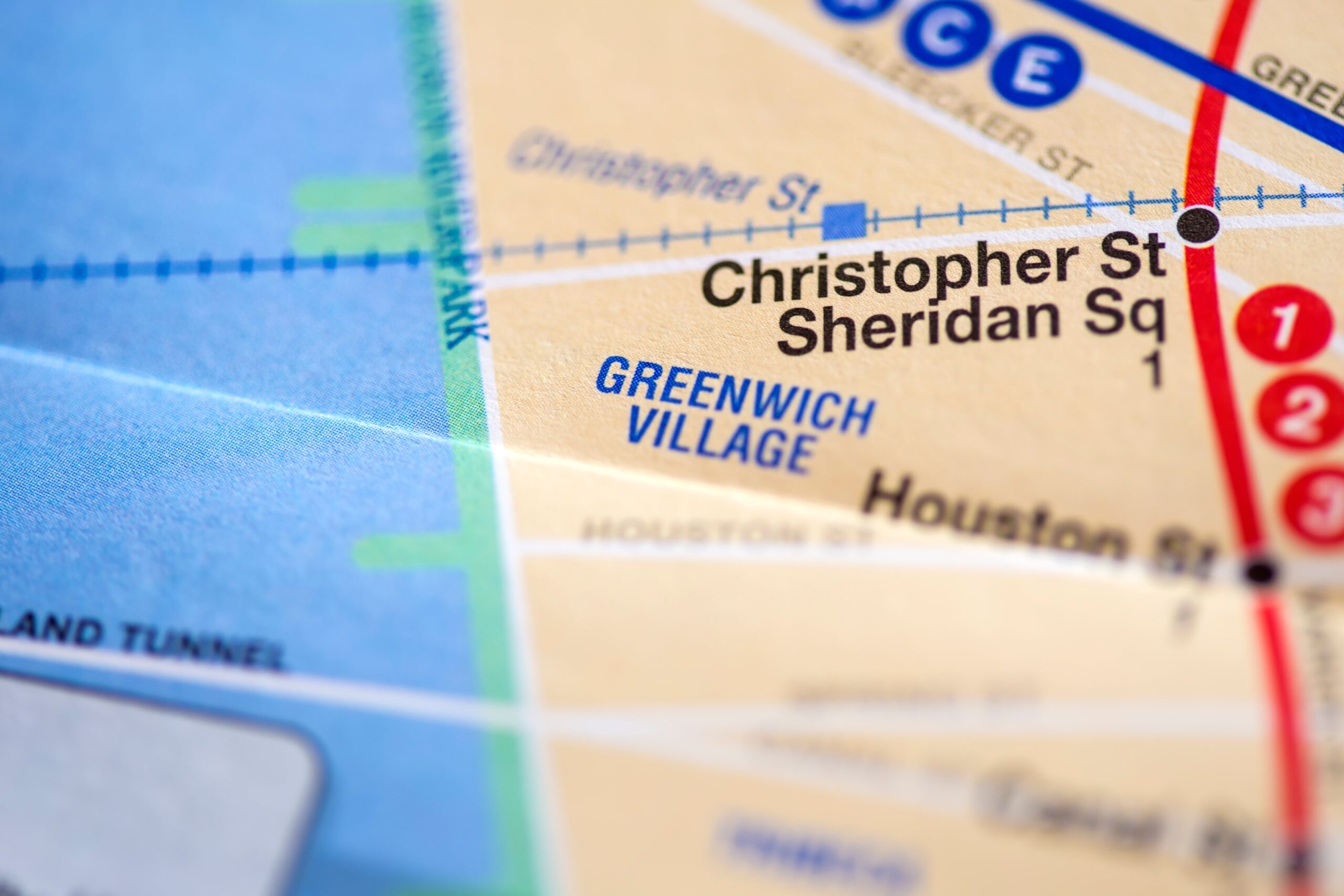
Group therapy provides a space to unpack these feelings, challenge them, and create new, healthier ways to connect – no matter where you live. The group setting allows you to explore these patterns with other group members who understand the unique challenges gay men face in NYC.
Members can gain self-understanding and develop new skills to navigate their emotional landscapes by engaging in group therapy sessions. Group treatment has proven effective in addressing these emotional patterns, offering benefits and challenges requiring careful patient selection to ensure positive outcomes.
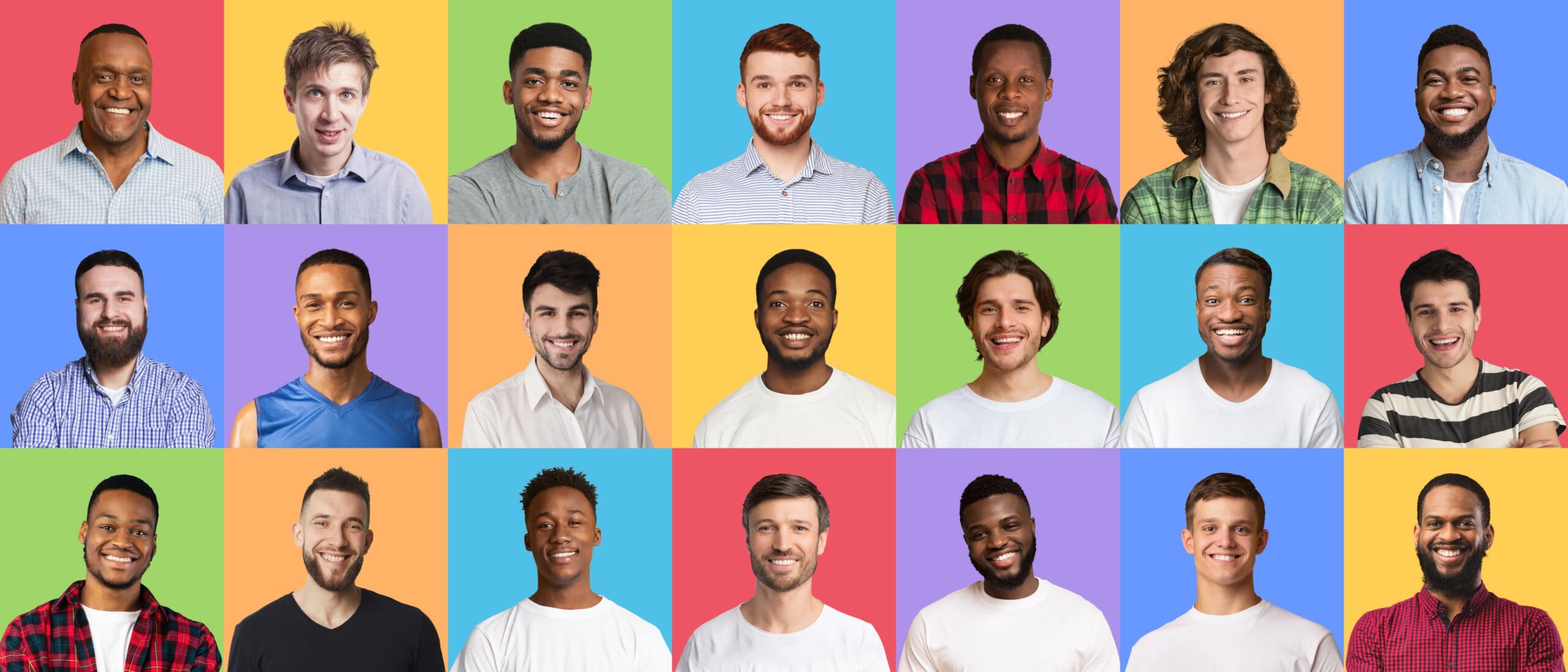
Why Group Therapy Works
Gay men’s group therapy isn’t just about talking – it’s about real-time transformation. One or more therapists facilitate these sessions to ensure a supportive and effective therapeutic environment. This therapeutic approach leverages the power of group dynamics to facilitate healing and growth. By participating in group sessions, you can benefit from the insights and support of other members, creating a therapeutic alliance that fosters change.
What Makes It Different
-
Real-Time Practice: Confront social anxiety, rejection fears, and emotional vulnerability as they arise in the group.
-
Shared Experience: Connect with gay men who understand your challenges.
-
Professional Guidance: Evidence-based techniques, including schema therapy, emotionally focused therapy, and CBT.
-
Deep, Authentic Relationships: Move beyond surface-level interactions to build meaningful bonds.
Group therapy techniques such as cognitive behavioral therapy and gestalt therapy are employed to help members gain self-understanding and develop new skills. The group format encourages members to explore their feelings and behaviors in a supportive environment, promoting personal growth and self-awareness. This group experience allows members to practice new skills and gain insights into their interpersonal relationships.
Types of Support Groups for LGBTQ+ Individuals
New York City offers a wide array of support groups tailored to the diverse needs of the LGBTQ+ community. These groups provide safe spaces where individuals can discuss their experiences, seek guidance, and build supportive networks. Here are some examples:
-
Gay Men’s Support Groups: These groups focus on issues specific to gay men, such as coming out, navigating relationships, and managing health concerns like HIV/AIDS. They provide a space to share experiences and gain insights from others who have faced similar challenges.
-
Lesbian Support Groups: These groups offer a supportive environment for lesbian women to discuss topics like identity, relationships, and family planning. They provide a platform for sharing experiences and finding community.
-
Transgender Support Groups: These groups are designed for transgender individuals navigating their transition, exploring their identity, and building relationships. They offer support and guidance from others who understand the complexities of the transgender experience.
-
Bisexual Support Groups: These groups cater to bisexual individuals, addressing topics like identity, relationships, and the unique challenges of navigating multiple communities. They provide a space for validation and support.
-
Queer Youth Support Groups: These groups provide a safe and supportive environment for LGBTQ+ youth to discuss issues like identity, bullying, and coming out. They offer a space for young people to find acceptance and build resilience.
-
LGBTQ+ Family Support Groups: These groups offer support and guidance for LGBTQ+ individuals and their families, addressing topics like acceptance, relationships, and family planning. They provide a space for families to navigate their journeys together.
These support groups can be found in various locations throughout NYC, including community centers, LGBTQ+ organizations, and private therapy practices. Many are led by licensed therapists or experienced facilitators who are well-versed in the unique challenges faced by the LGBTQ+ community. Individuals can find the support and connection they need to thrive by participating in these groups.
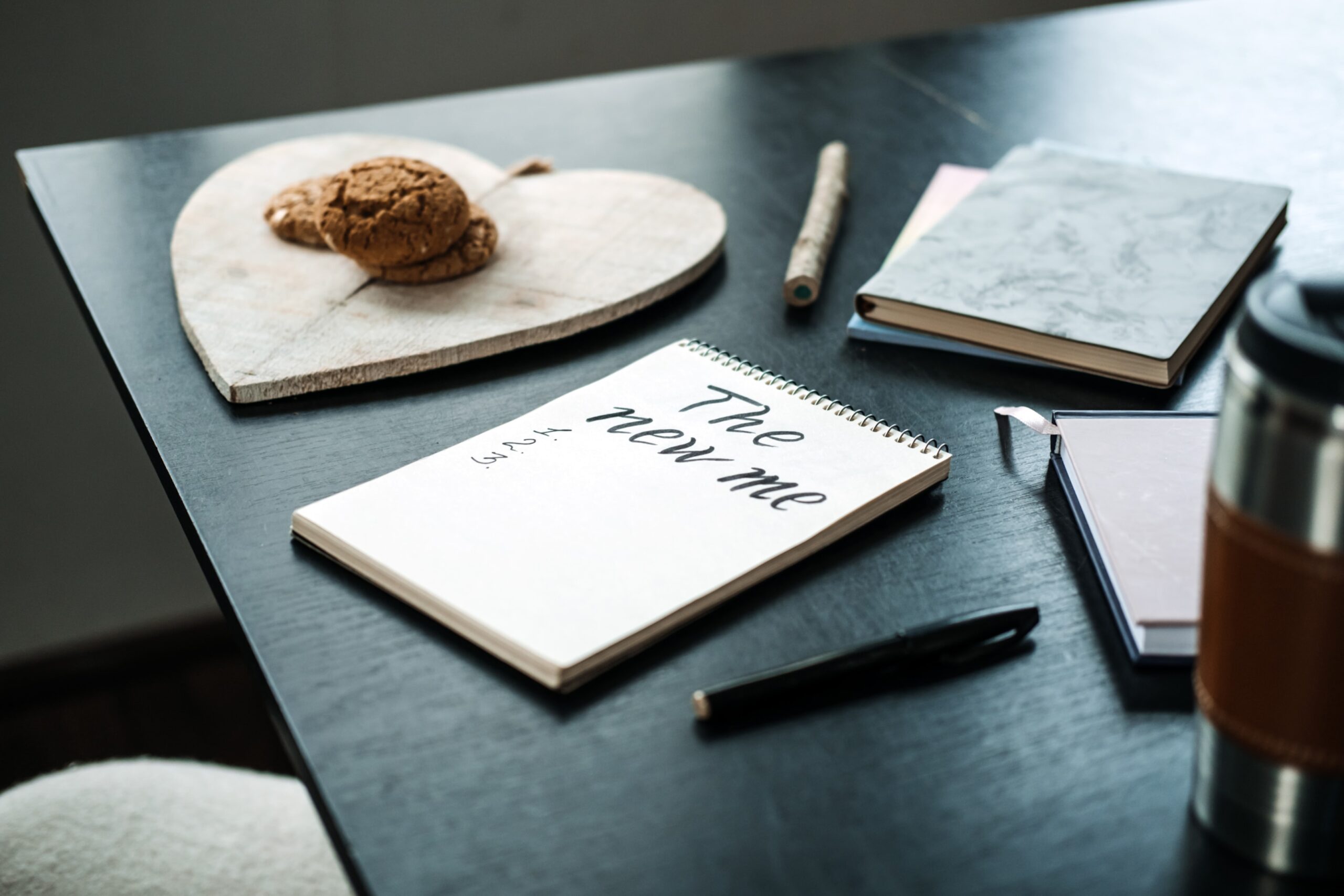
Weekly Topics in Group Therapy Sessions
In this structured, supportive space, we’ll explore:
-
Relationship patterns – romantic, platonic, and with yourself.
-
Moving through shame, stigma, and internalized homophobia.
-
Navigating dating app burnout while building meaningful partnerships.
-
Exploring sexual identity and intimacy in a safe, judgment-free zone.
-
Processing trauma and developing healthier coping strategies.
Every session offers the chance to identify triggers, challenge outdated patterns, and create lasting change. The group’s focus is on fostering a sense of belonging and connection, helping members build deeper relationships with themselves and others. The therapeutic approach is designed to create a safe space for members to explore their feelings and behaviors, providing a platform for personal growth and self-awareness.
Group treatment plays a crucial role in addressing relationship patterns, shame, and trauma, emphasizing the importance of careful patient selection to ensure a supportive and effective environment.
The Structure
This isn’t a drop-in support group. One or more therapists facilitate the sessions to ensure a structured and supportive environment. It’s a committed, weekly therapy group designed for transformation.
Key Details
-
Start Date: Thursday, January 23rd
-
Time: 6:30 PM – 8:00 PM ET Weekly (Except Holidays)
-
Format: Online
-
Group Size: 6-8 members (small enough for depth, big enough for diversity)
-
Cost: $75/session (invest in your emotional well-being like you invest in your skincare).
The online format offers convenience and flexibility, allowing you to participate from the comfort of your own home. This accessibility makes it easier to maintain regular attendance, which is crucial for group cohesion and individual progress. The group therapy cost is an investment in your personal growth and well-being, providing a supportive environment for exploring your emotional landscape.
Why Commitment Matters
Schemas like avoidance and mistrust thrive when we don’t show up. Weekly sessions are designed to break these patterns by offering:
-
Consistency: A reserved “seat” that creates stability and fosters trust. The group therapist plays a crucial role in maintaining this consistency and accountability within the group.
-
Accountability: A safe space to confront and challenge avoidance behaviors.
-
Real-Life Practice: Opportunities to navigate social dynamics and relationships within the group.
By committing to regular group therapy sessions, you can develop a therapeutic alliance with other members and the therapist, creating a foundation for lasting change. The group’s structure provides a consistent space for exploring personal challenges and developing new ways of relating to others. This commitment to group therapy fosters personal growth and self-awareness, helping members build authentic relationships and develop new skills.
Is This Group Right for You and Other Group Members?
This group could be the perfect fit if you:
-
Show up but feel anxious: You attend social events with a smile but feel out of place deep down.
-
Avoid gatherings: You skip certain situations, worried about rejection or judgment.
-
Crave connection: You want deeper emotional bonds but aren’t sure how to create them.
-
Hide your true self: You worry parts of you are “too much” for others to handle.
-
Fear abandonment: You feel anxious that people will leave when you open up.
-
Put others first: You prioritize everyone else’s needs, leaving your own unmet.
-
Burnout on dating apps: You’re tired of swiping and wondering if a real connection is possible.
-
Avoid vulnerability: You fear opening up will lead to criticism or betrayal.
-
Question success: You wonder why your achievements don’t feel as fulfilling as they should.
In group therapy, you’ll uncover what’s holding you back and discover healthier, more satisfying ways to connect with others – and yourself. In our group therapy, you’ll have the chance to explore these patterns in a safe and supportive environment. Together, we’ll uncover what’s holding you back and help you create the emotional connections you’ve been craving.
If you’re ready to move beyond surface-level interactions and build authentic relationships, this group therapy program can help you achieve your goals. The supportive environment encourages members to explore their feelings and behaviors, providing a safe space for personal growth.
The group format allows members to practice new skills and gain insights into their interpersonal relationships, fostering a sense of belonging and connection. Individual therapy can complement group therapy by providing personalized attention and addressing specific issues in depth.
Why Online Therapy Works
Group treatment in online therapy isn’t just convenient – it’s proven effective for addressing social anxiety and depression. Research shows it can be just as impactful as in-person sessions, especially for these conditions. The online format offers unique advantages, such as increased accessibility and anonymity, allowing members to feel more comfortable opening up about sensitive topics.
Benefits of Online Gay Men’s Therapy
-
Convenience: Join from your Chelsea apartment or Williamsburg loft.
-
Anonymity: Many feel more comfortable opening up in a virtual space.
-
Consistency: It is easier to maintain attendance, which is key to progress.
The online group therapy sessions provide a platform for members to connect with others from various NYC neighborhoods and backgrounds, broadening their support network and gaining diverse perspectives on shared challenges. This group experience allows members to practice new skills and gain insights into their interpersonal relationships, fostering a sense of belonging and connection.
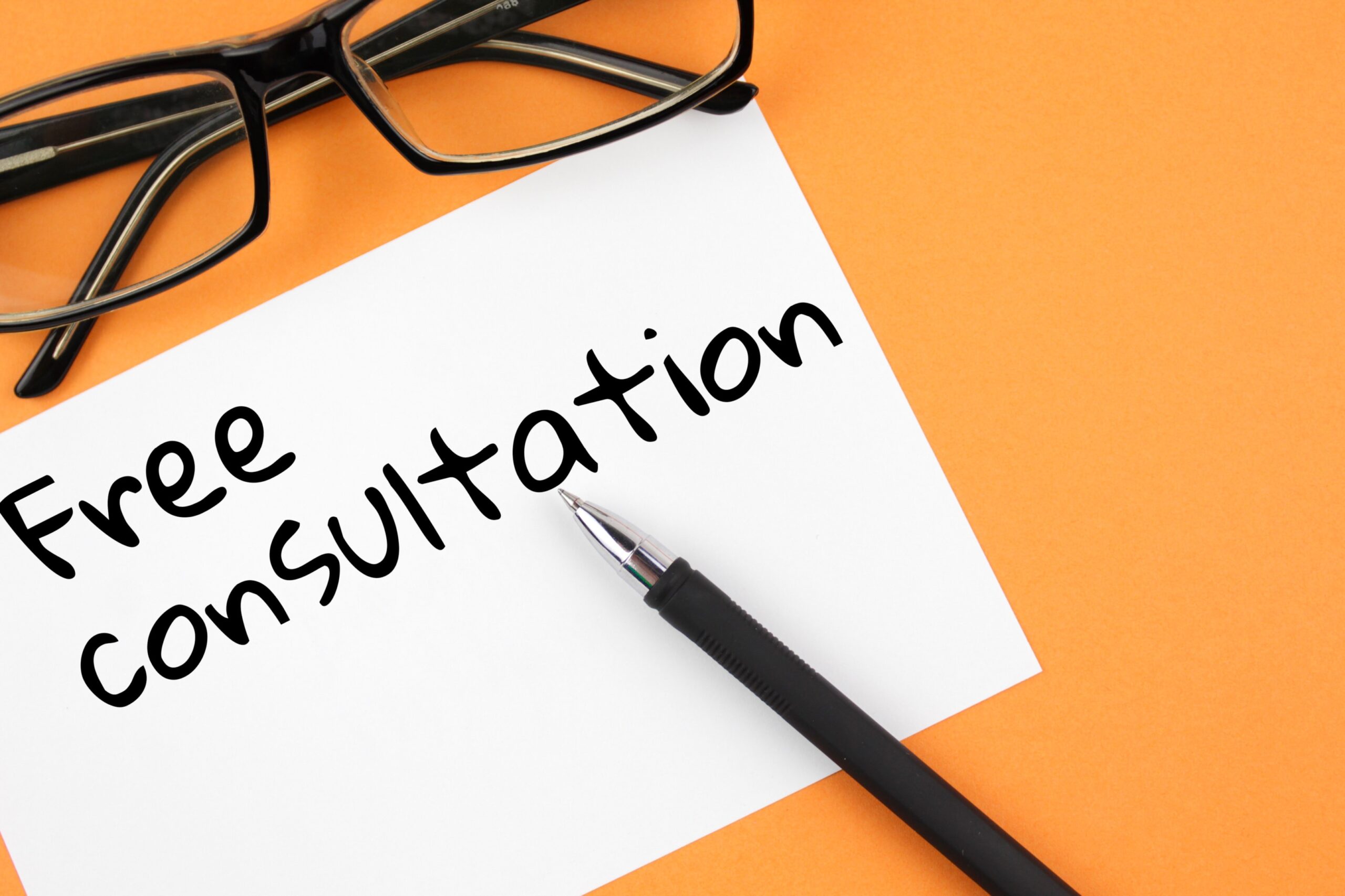
What’s Next?
Joining is simple:
1. Free 15-Minute Consultation: Tap [BOOK MY FREE CONSULTATION NOW]
Tap the link above to schedule a free 15-minute consultation with Jon. Let’s make sure the group is a good fit for you. Ask questions (yes, even the awkward ones). No commitment, just a conversation.
2. Pre-Group Assessment
If we decide to move forward, we’ll schedule a one-on-one session, and I will send you a series of scientifically validated questionnaires. The assessments provide a similar amount of information for assessment that typically takes 6 sessions to complete in traditional therapy–you save the time and expense of all the additional sessions. Complete the questionnaires before your one-on-one session for a head start to help set you up for success.
3. One-on-One Session
This is an in-depth exploration of your history, needs, and goals for group therapy. I will review your questionnaire results, identifying strengths and areas where group therapy can help. Together, we’ll create a personalized plan for your group therapy journey. This comprehensive pre-group process, a specialty of schema therapy, ensures you’ll get the most out of your group therapy experience from day one.
[Tap to Book Your Consultation Now]
This initial consultation helps ensure that the group therapy program aligns with your personal preferences and goals, setting the stage for a successful therapeutic experience. The pre-group session provides an opportunity to explore your goals and develop a personalized plan for making the most of group therapy.
FAQ: Frequently Asked Questions About Gay Men’s Group Therapy NYC
How does online group therapy compare to in-person sessions in terms of effectiveness? Online group therapy is just as effective as in-person sessions, especially for addressing social anxiety and depression. The convenience of participating from home can enhance engagement and consistency.
Will I still be able to form meaningful connections with other group members in a virtual setting? Absolutely! The virtual setting can foster deep connections, allowing members to engage in a safe, comfortable environment, encouraging openness and honesty. The group therapist plays a crucial role in maintaining confidentiality and fostering meaningful connections within the group.
How is confidentiality maintained in an online group therapy environment? Here’s how we keep things confidential in our online gay men’s therapy sessions:
-
Secure tech: We use best-in-class HIPAA-compliant video platforms, ensuring your conversations are as private as a VIP room at The Box.
-
Private spaces: Join from a quiet, private location – not your local Starbucks, where that one barista clocks everything.
-
Headphone protocol: Use those noise-canceling headphones to keep the tea between us. (Whether you’re team AirPods, Bose, or whatever – just make sure your tea-spilling soundtrack is on point and private.)
-
Strict no-sharing policy: What happens in group stays in group – as guarded as your favorite neighborhood coffee spot before it hits TikTok.
-
Pre-session check: We do a quick privacy vibe check before each session, making sure you’re set up for success. No recordings or screenshots: Save those skills for your TikTok, not our sessions.
-
Clear confidentiality rules: All participants agree to and sign off on our iron-clad confidentiality agreement.
-
Thorough screening: We conduct pre-group screenings and informed consent processes to ensure everyone’s on the same page about privacy.
While we can’t guarantee absolute secrecy (because, let’s face it, even the most exclusive NYC spots have their leaks), we take your privacy as seriously as you take your skincare routine. Our goal is to create a space where you can be authentically you without fear of your story becoming the hot topic at next week’s brunch.
About the Therapist: Jon Prezant, LMSW, brings extensive experience in sex therapy, trauma-informed care, and relationship-centered work to the LGBTQIA+ community. A graduate of NYU’s Wurzweiler School of Social Work with an M.A. in Trauma and Crisis Studies from Tel Aviv University, he combines evidence-based therapeutic approaches with his unique background as a musician to create an integrative healing environment.
Jon’s specialties include working with couples and poly relationships, gender and sexual identity concerns, and sexual trauma survivors. Currently pursuing advanced certifications in Sex Therapy, EFT, and Schema Therapy, Jon is passionate about helping gay men move beyond surface-level connections to build authentic relationships in NYC. When he’s not working with clients, you might find him writing music, transforming his apartment into a small-batch plant nursery (courtesy of too many Chelsea Garden Center visits), or exploring Brooklyn coffee shops in search of the perfect oat milk latte. Because yes, some stereotypes are delicious.


